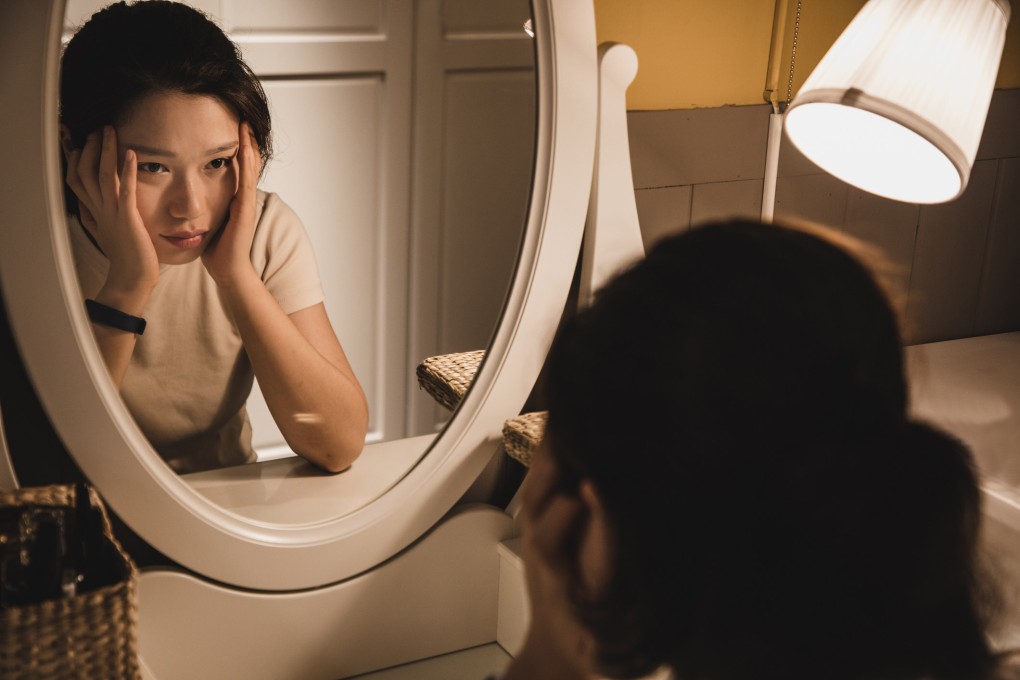Advertisement
Princess Diana’s friend, psychotherapist Julia Samuel, on the Grief Works app she helped launch and which taps her 30 years of experience helping others through loss
- Former Headspace research head helped Julia Samuel turn two books on getting past grief into app content to give round-the-clock support to people mourning loss
- There is no one-size-fits-all way to mourn, she says, and Grief Works app lets users explore what is right for them through meditation, breathwork and guidance
Reading Time:4 minutes
Why you can trust SCMP

Julia Samuel, a British psychotherapist, has had a long career caring for those suffering from grief.
She has worked in the field for more than 30 years and written two books, Grief Works: Stories of Life, Death and Surviving in 2017 and This Too Shall Pass: Stories of Change, Crisis and Hopeful Beginnings in 2020.
Now Samuel has brought interactive grief app Grief Works to the market, working with Nick Begley, the former head of research for the popular mental health app Headspace, and his team at Psychological Technologies.
Advertisement
“I felt there was a gap between the experience of someone reading one of my books and actually receiving in-person therapy, and for many, therapy is out of reach,” says Samuel, referring to the long waiting lists and high costs of one-on-one counselling.

When Begley got in touch with her about creating an app that could help people put the advice from the books into practice, Samuel was “really keen”.
Advertisement
Advertisement
Select Voice
Select Speed
1.00x